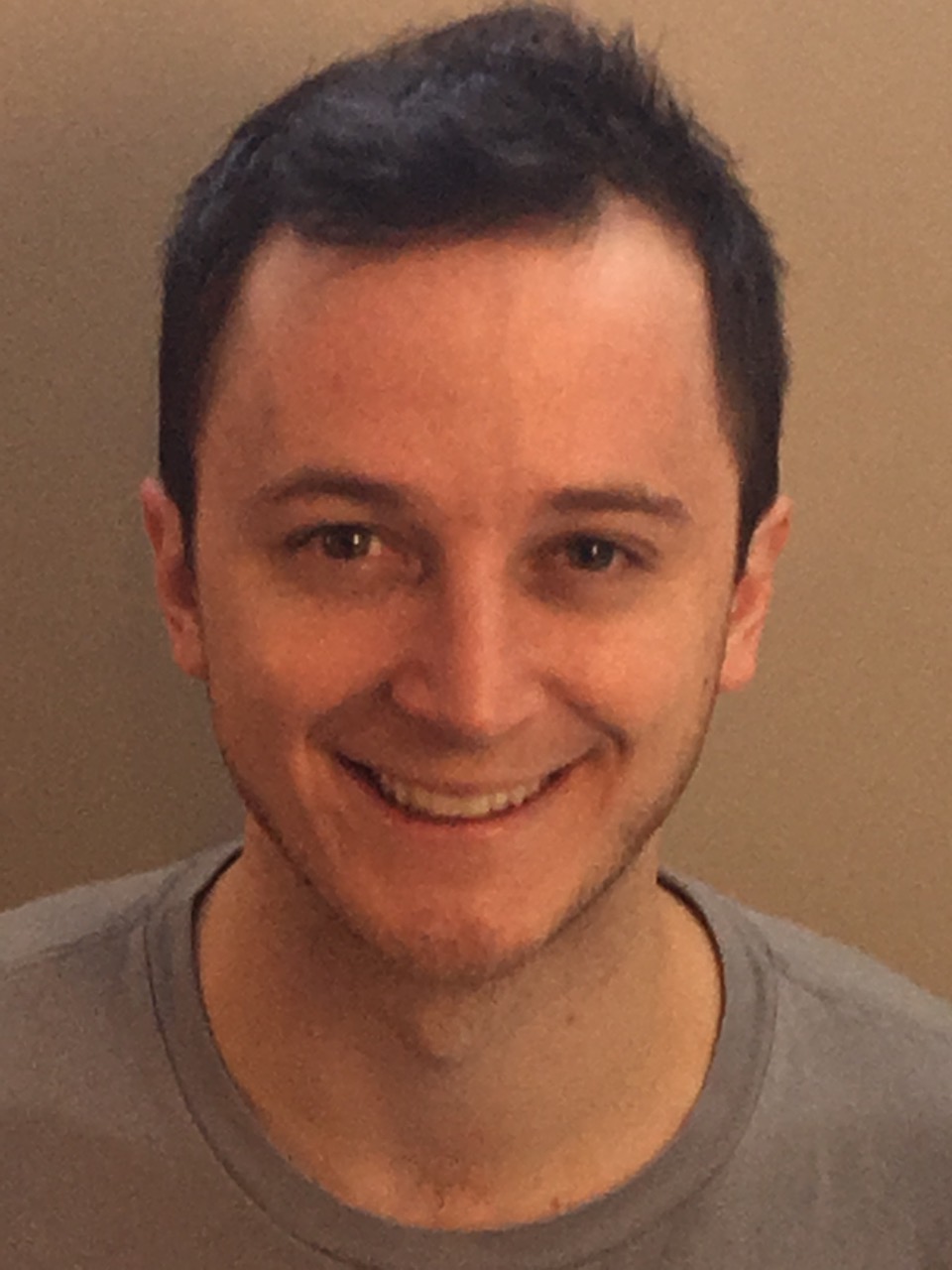
SCSB Lunch Series: Early emergence and later development of face, scene, and object regions revealed by natural vision
Description
Date: Friday, February 26, 2021
Time: 12:00pm – 1:00pm
Location: Zoom Webinar – Registration Required
Register in advance for this webinar: click here
* After registering, you will receive a confirmation email containing information on how to join the webinar.
Speaker: Frederik Kamps, Ph.D.
Affiliation: Simons Postdoctoral Fellow, Rebecca Saxe Laboratory, Department of Brain and Cognitive Sciences, MIT
Talk title: Early emergence and later development of face, scene, and object regions revealed by natural vision
Abstract: Uncovering its neural basis of ASD will ultimately require understanding how neural systems are affected in early stages of development. However, collecting high quality fMRI data from young children remains challenging. We addressed this challenge by studying fMRI responses to an engaging animated movie in 122 children ages 3-12, focusing on two face-selective regions hypothesized to be impaired in ASD – the fusiform face area (FFA) and posterior superior temporal sulcus (pSTS) – as well as control regions involved in perception of scenes/places and objects. Remarkably, adult-like function was already detectable across face, scene, and object regions by just 3 years of age. Later in development, individual regions matured along distinct trajectories. For example, the pSTS showed significantly more protracted developmental change than the FFA. Our results highlight the promise of naturalistic movie approaches for the study of early cortical development, setting the stage for future work in ASD.

